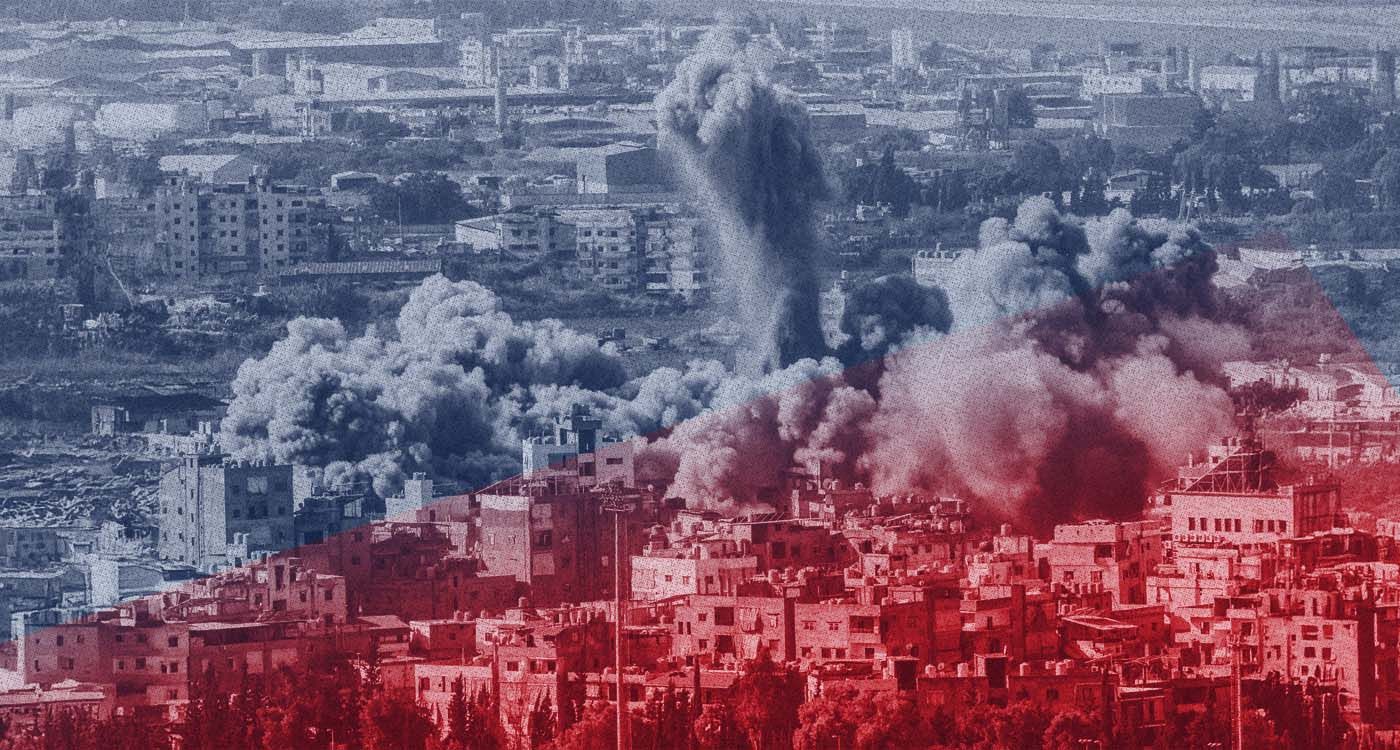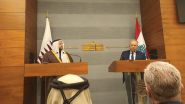
In the aftermath of one of Hezbollah’s many aimless wars in recent years, a senior figure within the pro-Iranian party delivered a speech categorizing the Lebanese people into four groups: the “noblest” – party members and loyalists who, in his words, are “resisting the occupation,” those who “collaborate with the enemy,” those who remain indifferent to what’s happening around them, and finally – his parting jab – those whose “only concern is spending Sundays out with their families.”
That last group was also singled out later by MP Mohammad Raad, the head of Hezbollah’s parliamentary bloc, who spoke with open contempt of the Lebanese who “go to beach resorts, restaurants, leisure spots and nightclubs.”
These two sweeping judgments, voiced so freely by senior figures of the pro-Iranian party, reflect one of the many facets of Lebanon’s current existential crisis. In just a few words, they encapsulate the deep vertical divide – social, political and cultural – that the country of the Cedars is facing today more than ever. A divide reflected in the chasm that separates, on the Lebanese stage, two fundamentally opposed visions of life, of the foundations of society, and of the individual’s role and place – whether in their immediate surroundings or within the broader world.
Yes, a very large segment of the Lebanese population – the overwhelming majority – does, in fact, aspire to a normal, peaceful life, one that ensures well-being and prosperity. They are willing to defend noble causes when necessary, but only on rational, pragmatic and realistic grounds.
By contrast, Hezbollah’s leadership and supporters persist in cultivating a permanent state of war. They continuously promote hostile and hateful rhetoric, engage in pointless conflicts, and drown themselves in populist slogans that lead nowhere – sustaining nothing but the illusion of “resistance.” In this context, the tone and content of Sheikh Naim Qassem’s latest speech, delivered on Sunday, July 6, are especially revealing.
Supporters of the Khomeinist ideology refuse to accept that adopting outdated ideological stances is no longer a viable way to face stealth bombers like the B-2 or the highly advanced F-22 and F-35 fighters – widely recognized as the world’s most technologically sophisticated.
Tehran’s warmongers and the hardliners waging a relentless fight against the Western world have clearly underestimated the true impact of intensive use and mastery of artificial intelligence in modern warfare. They have blindly and futilely placed massive bets on their proxies in certain Arab countries, overlooking the fact that militia theatrics cannot match the strength of the world’s most powerful military forces.
From the moment it seized power in 1979, the Islamic Republic of Iran positioned itself as the standard-bearer of the Palestinian cause. But for the mullah regime, this was little more than a slogan designed solely to mobilize the masses in support of an expansionist, hegemonic project spanning the entire Middle East.
In this respect, Iran has followed the example of the so-called “confrontation” Arab states which, despite 75 years of conflict with Israel, have never seriously pursued the means to implement their loudly proclaimed – and largely media-driven – anti-Israel policies, intended primarily for domestic consumption.
What Hezbollah’s leadership – and more broadly, the radical wing of the mullah regime – refuses to acknowledge and accept is that for over half a century, since the early 1970s, the Lebanese have borne a heavy burden caused by “others’ wars fought on their soil” and the repercussions of the Palestinian issue. This reality was emphasized by President Joseph Aoun himself when receiving the official Iranian delegation attending Hassan Nasrallah’s funeral.
Yes, much to the dismay of MP Raad and other Hezbollah leaders, the vast majority of Lebanese genuinely aspire to a normal life and the well-being they rightly deserve – after 75 years of hollow political rhetoric and more than half a century weighed down by the ruthless, repressive and murderous hegemonic ambitions of lawless regional powers.




Comments